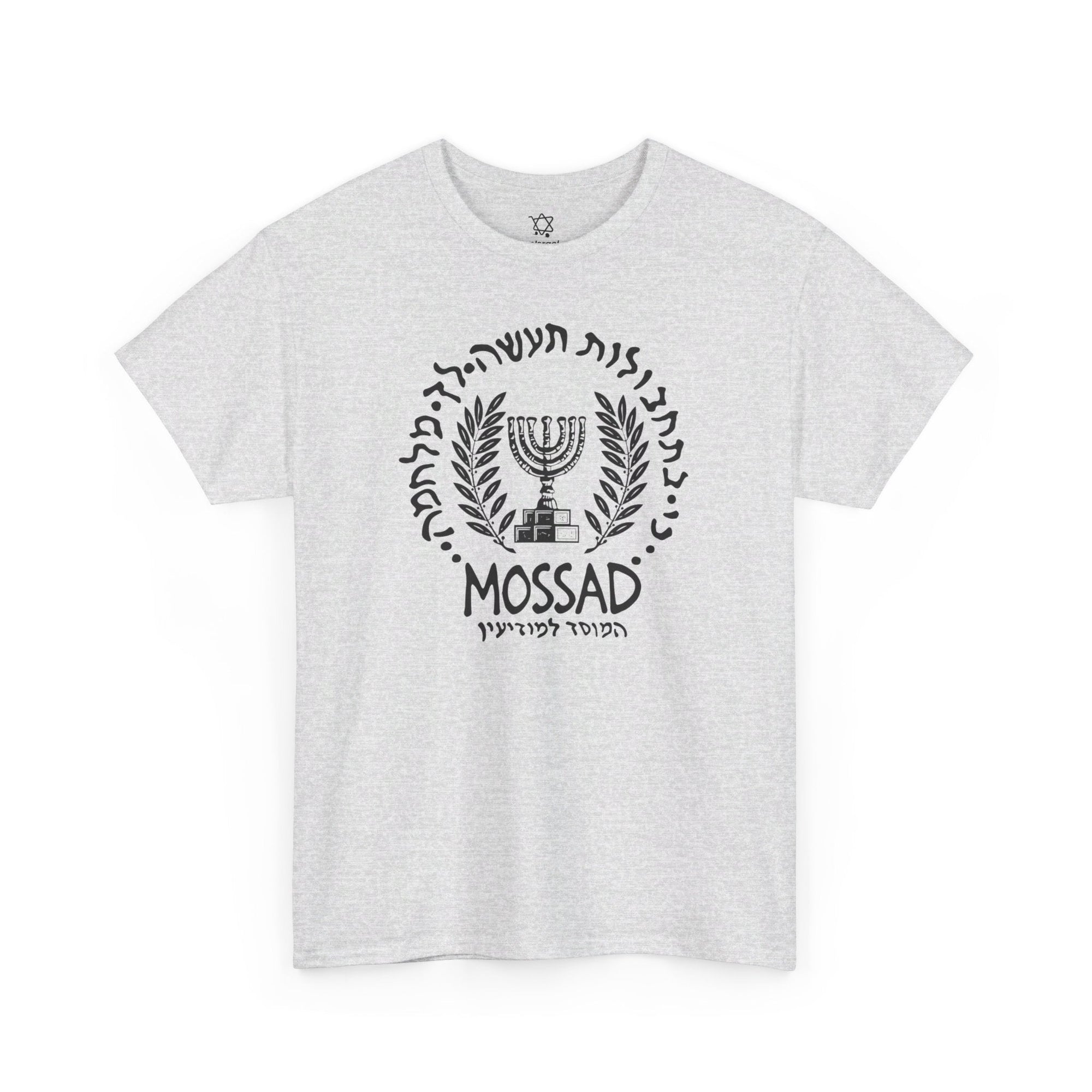Key Takeaways
- Anne Applebaum's engagement with Israel is primarily through her writings and public commentary, where she discusses broader geopolitical issues that occasionally touch upon Israel.
- Her public statements on Israel are not extensive, but she has written about the historical connections between Jewish communities in Eastern Europe and Israel.
- Applebaum's political stance is generally critical of authoritarianism, which might influence her views on political developments in Israel, though she does not frequently address Israel directly.
Has Anne Applebaum Engaged with Israel Directly?
Anne Applebaum's direct engagement with Israel is not well-documented, as her work primarily focuses on Eastern Europe and Russia. However, her historical writings occasionally touch upon the connections between Jewish communities in Eastern Europe and Israel.
- There is no public record of Applebaum visiting Israel for specific events or maintaining personal connections within Israeli communities.
- Her historical work, such as "Red Famine," highlights the struggles of Jewish communities in regions like Ukraine, which have historical ties to Israel.
Has Anne Applebaum Expressed Opinions on Israel?
Anne Applebaum does not frequently express opinions directly about Israel or the Israel/Palestine conflict. However, her broader commentary on geopolitics and authoritarianism might indirectly relate to political developments in Israel.
- Applebaum has written about the historical connections between Jewish communities in Eastern Europe and Israel, emphasizing the shared experiences and migrations.
- She has not participated in notable discussions or events specifically focused on Israeli affairs, though her work on authoritarianism could be relevant to political debates in Israel.
What Is Anne Applebaum’s Stance on Politics and Israel?
Anne Applebaum is known for her critical stance on authoritarianism and her advocacy for democratic values. While she does not frequently address Israel directly, her political perspective might influence her views on political developments in the region.
- Applebaum's overall political alignment is against authoritarianism, which could shape her views on political issues in Israel, though she does not often comment on these matters.
-
- Applebaum has not made public statements specifically supporting or criticizing either side of the Israel/Palestine conflict.
- Her focus remains on broader geopolitical issues and the critique of authoritarian regimes.
Community Engagement and Advocacy
Anne Applebaum's community engagement and advocacy efforts are primarily focused on promoting democratic values and critiquing authoritarianism. While she does not specifically advocate for Israel, her work on historical Jewish communities might resonate with Israeli audiences.
- Applebaum's advocacy work does not specifically target Israel or involve collaborations with Israeli organizations.
- Her historical writings about Jewish communities in Eastern Europe could be seen as indirectly supportive of understanding the broader cultural context of Israel.
Cultural Impact Related to Israel
Anne Applebaum's influence on cultural perceptions of Israel is indirect, primarily through her historical writings about Jewish communities in Eastern Europe. Her work highlights the shared history and migrations that have shaped Jewish identities globally.
- Applebaum's cultural contributions, such as her book "Red Famine," provide historical context that resonates with Israeli audiences interested in the ancestral ties between Eastern Europe and Israel.
- Her influence aligns with initiatives that promote understanding and preservation of Jewish cultural heritage, which could indirectly impact local Israeli cultural initiatives.
Conclusion: Anne Applebaum’s Relationship with Israel
Anne Applebaum's relationship with Israel is not defined by direct engagement or frequent commentary on Israeli affairs. Instead, her work on historical Jewish communities and her critique of authoritarianism provide a broader context that might influence her views on political developments in Israel. While she does not explicitly support or criticize Israel, her advocacy for democratic values and her historical insights into Jewish communities offer a nuanced perspective on the region.












































































































